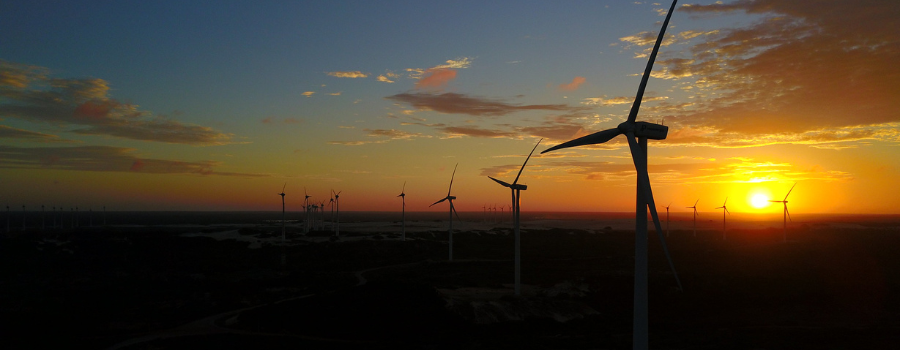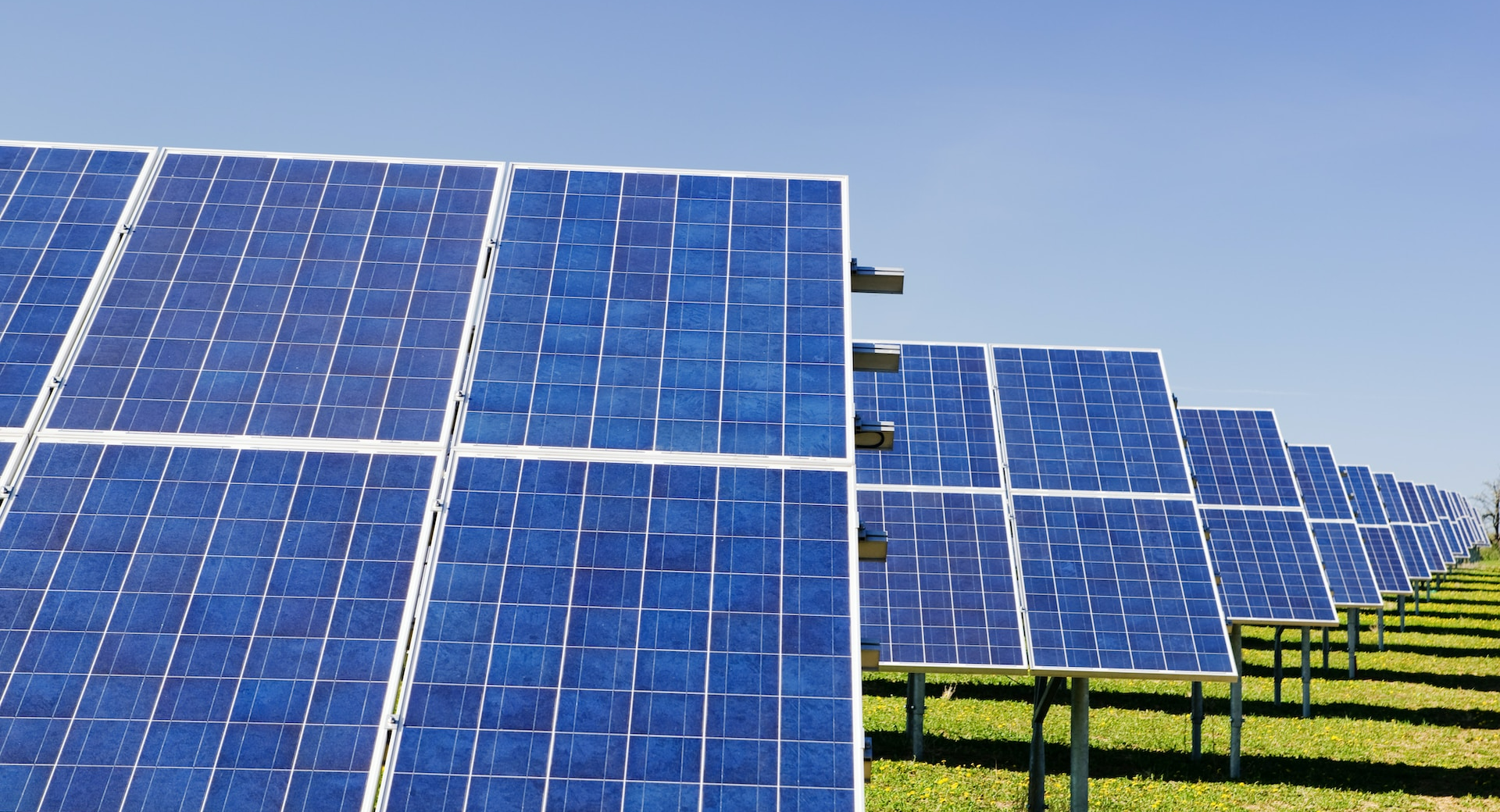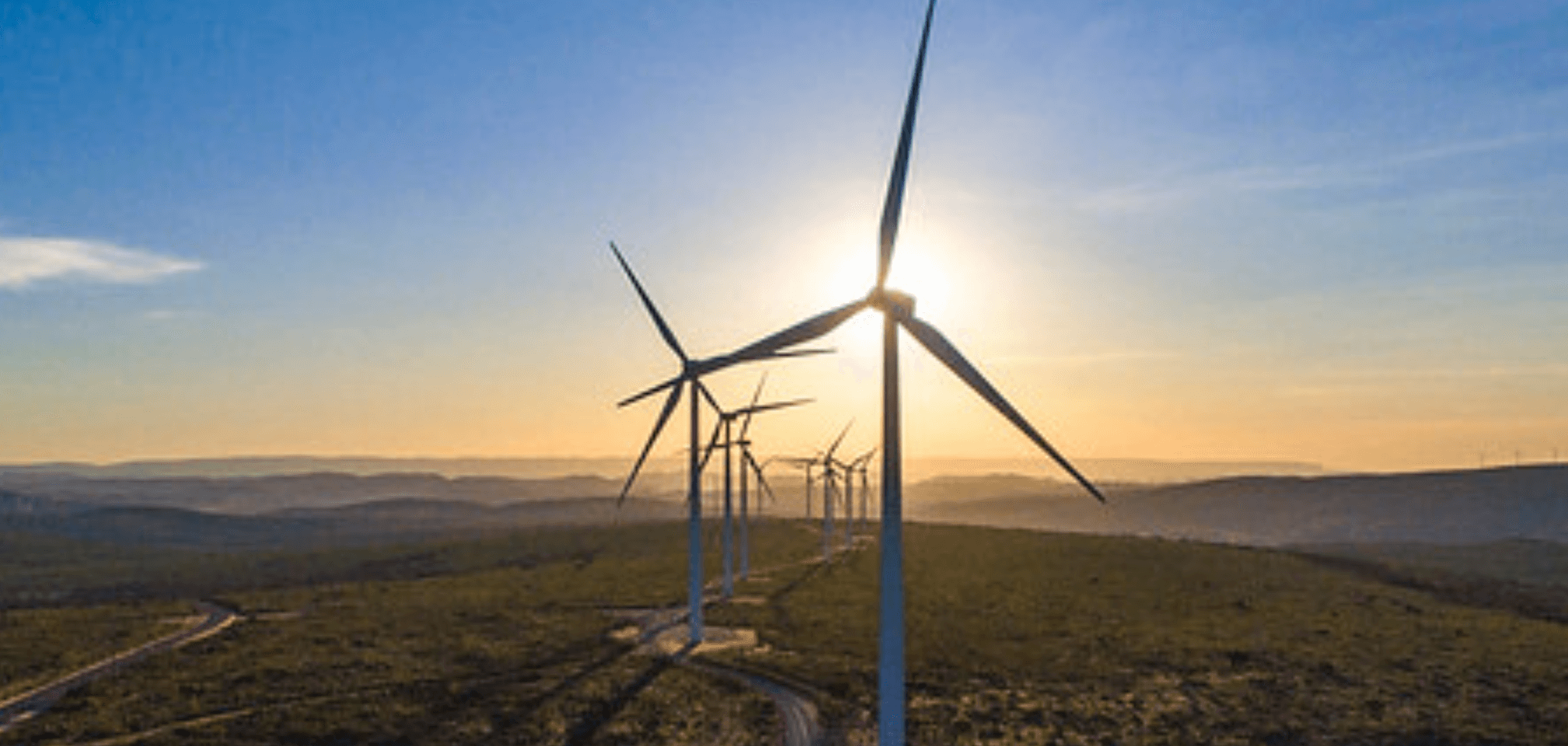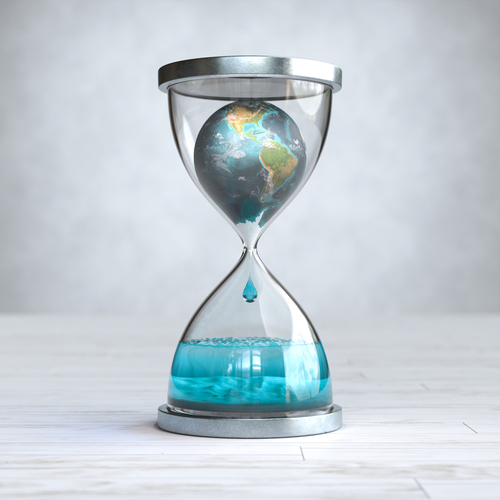
Climate Change
Understand how climate change can affect human life and see how to control the progress of these transformations and reduce their effects.
Climate change: causes, impacts and solutions
Every year, society feels the effects of climate change more acutely. Whether it's heat waves or heavy rainfall, these events are becoming commonplace in cities all over the world - and constantly affecting various aspects of human life.
According to the Climate Observatory, it is estimated that between 3.3 billion and 3.6 billion people live in places or contexts that are highly vulnerable to these transformations. Therefore, understanding the origins of climate change, recognizing its effects and finding ways to mitigate its consequences is a global urgency.
What is climate change and how is it caused?
Climate change is a significant transformation in the temperature patterns and climate of the planet. Although they can be caused by natural processes, they have been strongly driven by human actions, such as deforestation and the burning of fossil fuels.
These activities cause the release of greenhouse gases (GHG): carbon dioxide (CO2), methane (CH4) and nitrogen oxides (NOx) - which, according to the Intergovernmental Panel on Climate Change (IPCC), created by the United Nations (UN), are the dominant cause of the high temperatures emitted since the middle of the 20th century.
The greater the amount of these gases in the atmosphere, the more heat is retained by the planet, contributing directly to global warming and consequently to the advance of climate change. According to UN data, the last decade, between 2011 and 2020, was the hottest on record. Compared to the 19th century, the Earth is about 1.1°C warmer, and this is just one of the factors influencing climate change.

What are the impacts of climate change?
Heat and rainfall are the most easily perceived changes, but the impacts go beyond these factors. Climate change has serious effects on the environment and on various human activities, such as agriculture, fishing and public health.
According to the UN, the risks caused by climate change are:
High temperatures
The global surface temperature is rising as the concentration of greenhouse gases intensifies. The period from 2011 to 2020 was the hottest on record and since the 1980s, each decade has surpassed the previous one in terms of temperature.
Intense storms
As temperatures rise, more moisture evaporates, intensifying rainfall and extreme flooding, and resulting in more devastating storms. The warming of the oceans also influences storms, which lead to the destruction of homes and communities, causing loss of life and significant economic damage.
Increased drought
Climate change has an impact on the availability of water, making it scarcer in many regions of the world. Global warming intensifies periods of drought in areas already prone to water scarcity, increasing the risk of agricultural droughts, which affect crops, and ecological droughts, which endanger ecosystems.
Bigger and warmer oceans
The ocean absorbs most of the heat caused by global warming and the temperature has risen considerably in the last two decades at all depths. As it gets warmer, its volume also grows and causes ice sheets to melt, further contributing to rising sea levels.
Extinction of species
It is estimated that one million species will be at risk of extinction in the coming decades, due to factors such as forest fires, extreme weather conditions and the spread of invasive diseases and pests, all aggravated by climate change.
Less food available
Crops can be damaged by prolonged droughts, flash floods, an increase in pests and plant diseases, leading to a reduction in the quantity and quality of food available. In addition, climate change also affects animal production, with changes to natural habitats and the availability of food for livestock, resulting in food shortages, higher prices and food insecurity.
Health risks
Climate change is associated with an increase in the incidence of diseases transmitted through food, water and vectors such as mosquitoes. According to the Oswaldo Cruz Foundation (Fiocruz), the diseases most susceptible to these changes are infectious diseases, including leishmaniasis, malaria, dengue and other arboviruses. Hepatitis A is also a concern, as the virus responsible for the disease can be transmitted through the consumption of contaminated water and food, especially in areas lacking basic sanitation or prone to flooding.

Is it possible to reduce the impact of climate change?
The UN believes that it is still possible to minimize environmental problems, but collaboration between the public, private and civil society sectors is essential for progress in combating climate change.An example of this joint work is the Paris Agreement. Signed in 2015, the agreement sets global targets for reducing greenhouse gas emissions and promotes the transition to a low-carbon economy, as well as limiting the increase in the planet's temperature to 1.5°C.
The electricity sector, which plays a key role in the global effort to contain the climate emergency, has also been transforming itself and investing in renewable sources such as solar and wind power, which do not emit greenhouse gases, as well as encouraging the efficient use of electricity and promoting conscious consumption actions.
Neoenergia's actions against climate change
Neoenergia has a firm commitment to the environment, integrating all its activities, processes and initiatives to reduce greenhouse gas (GHG) emissions, ensure the conservation, protection and promotion of biodiversity, as well as using natural resources sustainably and efficiently.The decarbonization of Neoenergia's activities is associated with the start-up and operation of emission-free power generation facilities and complementary initiatives, such as the replacement of equipment that uses substances that reduce the ozone layer, the operation of buildings, offices and work centers maintained in accordance with sustainability standards. It also includes the progressive replacement of the company's fleet with an emission-free fleet. The institution has set targets for the light vehicle fleet to be 100% sustainable by 2030, considering flex-fuel, hybrid and electric vehicles, with 50% of the fleet being electrified.
The reduction of indirect emissions is materialized in the commitment to provide customers with green energy, products and services, and by the progressive decarbonization of the supply chain.
Climate action is supported by another commitment: the protection of nature, jointly addressing three factors driving the environmental crisis: climate, biodiversity and the over-exploitation of natural resources.
The efficient use of natural resources to tackle the energy transition is another major challenge facing Neoenergia, as well as the entire energy sector. The company pays attention to the efficient management of water resources, due to the environmental and social implications, and strives to make rational and sustainable use of water to face the risks related to its scarcity. It also works with suppliers and other agents in the value chain to develop circular economy systems, with more recovery and recycling initiatives.
The company is working to build a business model in harmony with nature and human beings, committed to sustainable development and the supply of clean, renewable energy to meet the growing demand for this service. It is committed to continuing to lead a sustainable energy matrix.
How society can help curb climate change:
Although the main efforts need to come from governments and companies, people can also contribute to the fight against climate change with simple everyday gestures:
Replace conventional light bulbs with LED ones, reduce the use of devices such as heaters, hair dryers, electric showers and air conditioning.
Reducing the use of personal motor vehicles helps to reduce emissions of polluting gases, as well as contributing to physical and mental health.
If the energy coming into your home comes from oil, coal or gas, opt for renewable sources such as solar.
Sharing information about climate change and its consequences can raise awareness and encourage further action.
Some initiatives allow people to fund the planting of trees around the world. If you can't do it yourself, choose an institution and help out.
Recycling and reuse practices reduce the amount of waste sent to landfills, as well as saving natural resources and energy use.
Individuals can lobby for more environmentally conscious government policies and support companies that adopt sustainable practices in their operations.

Tips on films and books on climate change to learn more about the subject:
- The Day After Tomorrow (movie)
- Our Planet (documentary series)
- Climate Change: the facts as you've never seen them before (book)
- Climate Change: What's in it for us? (book)
- Wall-E (movie)
News
2025-12-12
Prêmio Brasil Olímpico 2025: Neoenergia reforça compromisso com esporte feminino no país
2025-12-09
Prêmio Aberje 2025: Neoenergia é campeã nacional com campanha sobre segurança na rede elétrica com Carlinhos Brown
2025-12-01
Exclusivo a mulheres negras, Prêmio Inspirar 2025, do Instituto Neoenergia, anuncia vencedoras em quatro estados e no DF
2025-11-27
Neoenergia e Honda se unem para acelerar uso do hidrogênio verde na mobilidade brasileira
2025-11-25
